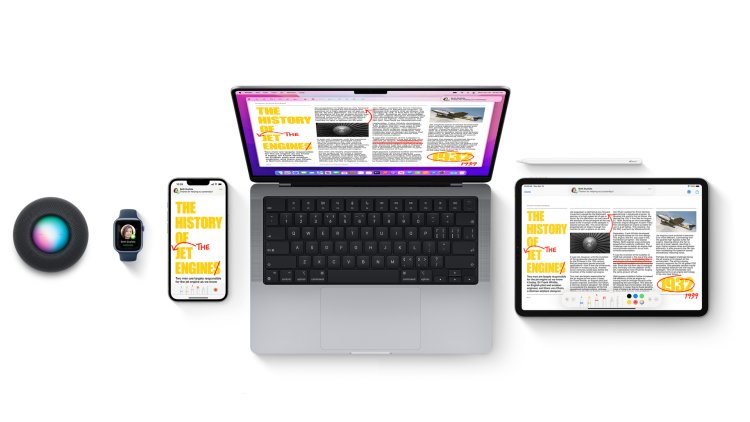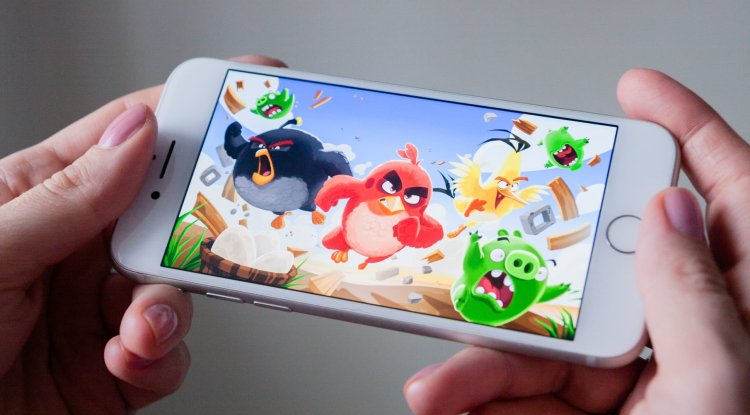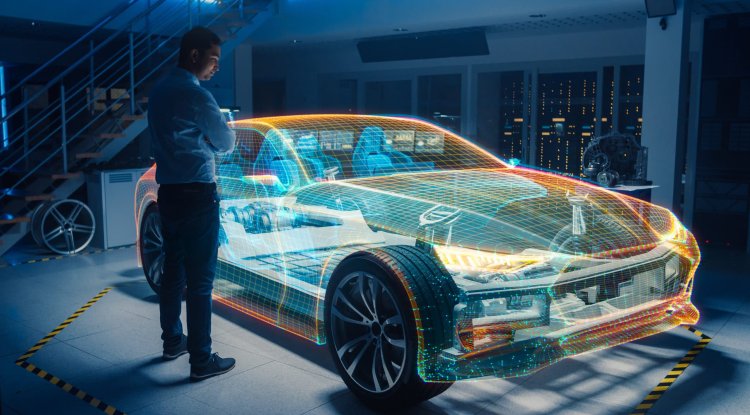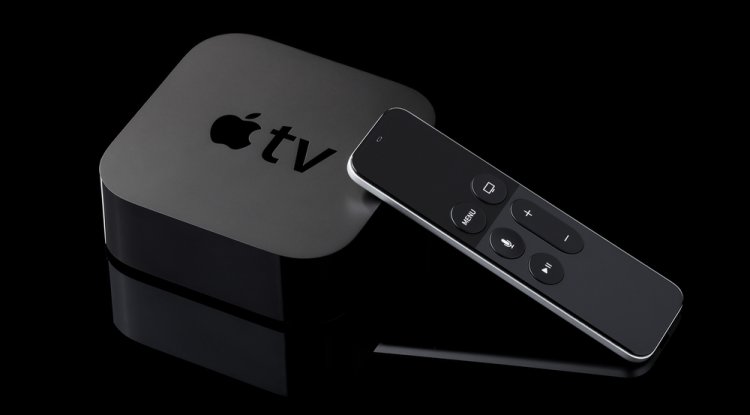Apple has made a great symbiosis of phone and computer - it works perfectly
Apple has connected MacBook and other PCs to iPhones in a new way - via the Continuity Camera app for macOS.

Continuity Camera will allow the iPhone to be used as a camera for a variety of MacBook applications and to use innovative video transfer options with just one accessory and wireless connectivity.
All you have to do is attach your iPhone to Belkin's MagSafe add-on (which will be sold worldwide later this year) and connect both devices to your Apple computer.
After wirelessly connecting the MacBook to the new macOS version of Ventura, which allows iPhone cameras to be automatically recognized as primary in FaceTime, Microsoft Teams, WebEx, and other video applications.
This symbiosis of camera and computer supports Center Stage and Portrait Mode video recording modes with the iPhone camera, as well as a new way of using the wide-angle camera, which adds a top view using various processes and artificial intelligence.
Continuity Camera seems to be one of the most interesting solutions we've seen so far among all computers, and Apple says it will change the way we communicate, especially among people who use an iPhone and MacBook or another Apple laptop.
Smartphone cameras could become powerful enough to take better photos than single-lens DSLR cameras by 2024
According to the publication, Sony's CEO believes that "pictures (from a smartphone) will equal the image quality of DSLR cameras with one lens in a few years," most likely in 2024.
It should be noted that smartphones outnumber DSLR cameras in terms of sales volume, therefore there may be a gray area where smartphone cameras outperform DSLR cameras for economic rather than technological reasons.
Regardless, if all of this is correct and the smartphone camera market continues to trend toward larger sensors, it also applies to Samsung. Samsung, like Sony, is a significant provider of smartphone camera sensors and is subject to the same market fluctuations and demands.
Overall, this could imply that Samsung's future flagship phones, beginning in 2024, will outperform DSLR cameras in terms of shooting capability. Sounds promising, and the Galaxy S24 may finally accomplish what its predecessors did not.




























